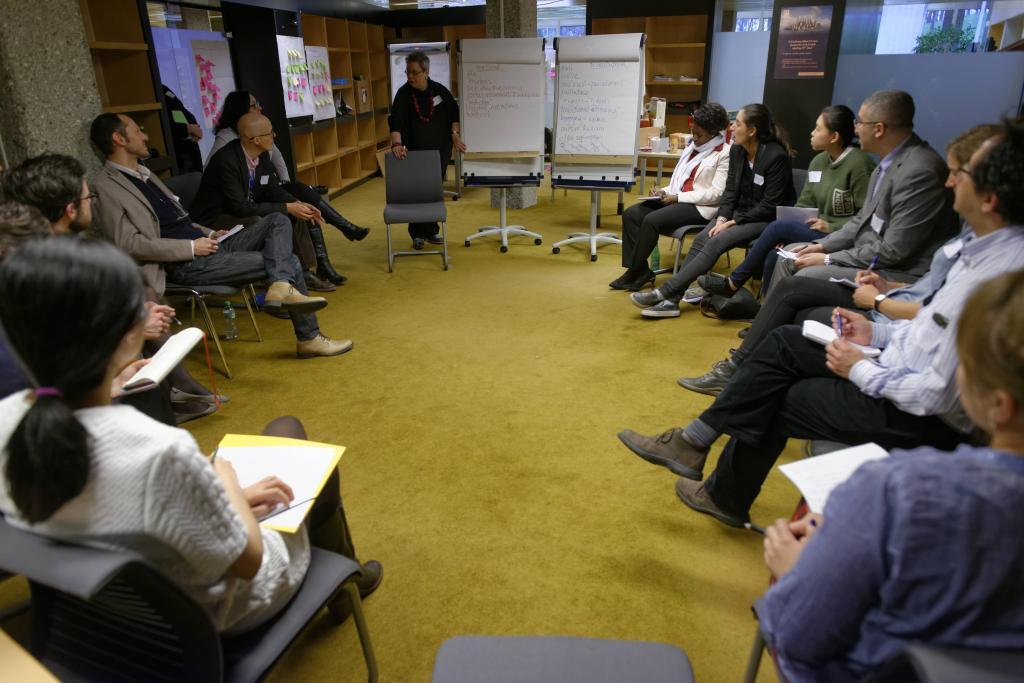3-Day Workshop to Change Perceptions of Disability
 2-4 March 2016, Geneva, Switzerland – In November 2015, the United Nations Institute for Training and Research, with the support of the Inter-Agency Support Group for the Convention on the Rights of Persons with Disabilities (IASG), launched the e-learning course “The Human Rights-based Approach to Disability”. This 5-weeks online course aims to introduce the human rights-based approach to disability and to learn how to apply it, as well as to understand core aspects of the UN Convention on the Rights of Persons with Disabilities (CRPD), with a particular focus on anti-discrimination and participation.
2-4 March 2016, Geneva, Switzerland – In November 2015, the United Nations Institute for Training and Research, with the support of the Inter-Agency Support Group for the Convention on the Rights of Persons with Disabilities (IASG), launched the e-learning course “The Human Rights-based Approach to Disability”. This 5-weeks online course aims to introduce the human rights-based approach to disability and to learn how to apply it, as well as to understand core aspects of the UN Convention on the Rights of Persons with Disabilities (CRPD), with a particular focus on anti-discrimination and participation.
This Convention which entered into force in 2008, is a legally binding instrument that has been widely ratified. It is grounded in a human rights-based approach, moving away from previous models on disability, such as the medical model. This change is profound and is often recognized as a paradigm shift in the thinking on disability. Understanding the human rights-based approach to disability is key to ensuring that policy-makers and other stakeholders who work on issues affecting the rights of persons with disabilities can design laws, policies and programmes, in a way that is consistent with the CRPD.
Following the successful implementation of the e-learning course, UNITAR organized a 3-day workshop to follow up on this course. This workshop started with the Disability Equality Training, a dynamic, highly participatory and interactive training which aims to stimulate attitudinal change towards disability inclusion. This training complemented the online course by providing a lively and engaging way of looking at some of the practical implications of disability inclusion, addressed in the e-learning course. This was a great opportunity to stimulate discussion on how best to change attitudes among our organisations, and for each participant to challenge their preconceptions surrounding disability.
Overall, this workshop provided an excellent complement to the e-learning course, and showed that this topic is best addressed in a blended approach, introducing the different ways of thinking about disability and the Convention in the interactive online course, and consolidating and further discussing this in a face-to-face workshop.
Photo 1: Participants brainstorming during the Disability Equality Training (Photo credit: Marcel Crozet, International Labour Organization)

